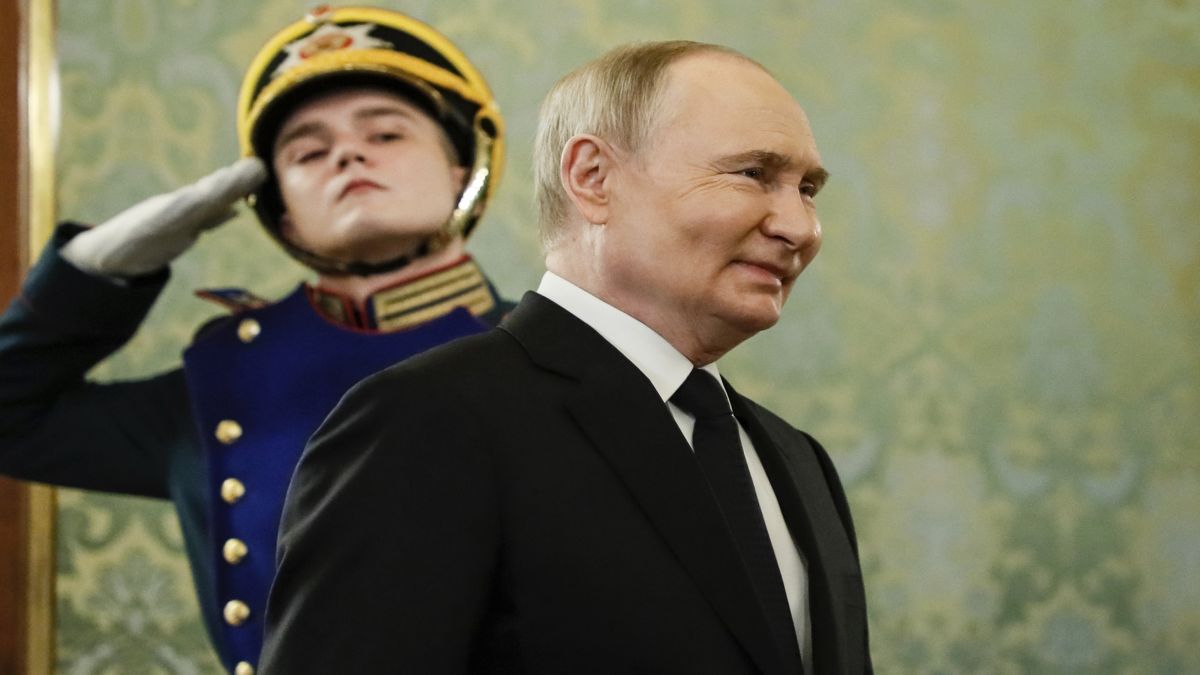A major diplomatic tussle erupted after the United States slammed Vietnam for having invited Russian President Vladimir Putin to Hanoi. The Russian leader is scheduled to visit Vietnam on June 19 and 20, after repeated invitations from Vietnamese leaders.
The criticism came from the US embassy in Hanoi, pointing towards Russia’s brutal invasion of Ukraine in 2022. “No country should give Putin a platform to promote his war of aggression and otherwise allow him to normalise his atrocities,” a spokesperson for the US embassy in Hanoi said when asked about the impact of the expected visit on ties with the US.
The United States has remained an ardent supporter of Ukraine throughout the war. In light of this, Washington has imposed numerous sanctions on Russia joining other Western nations in the whole ordeal.
“If he is able to travel freely, it could normalise Russia’s blatant violations of international law,” the spokesperson added, referring to the invasion that Russia describes as a “special operation”. It is pertinent to note that the United States has upgraded its relations with Hanoi in 2023 and is touted as Vietnam’s top trading partner.
No comments from Hanoi
Vietnam’s Foreign Ministry did not reply to a request for comments. While the Russian leader is yet to formally announce his trip to Vietnam, multiple officials from the Asian nation have already confirmed the trip.
Impact Shorts
More ShortsThis will be the first time Putin will pay a visit to Vietnam since 2017. It is pertinent to note that the two nations have shared strong ties in the past.
“We cannot return to business as usual or turn a blind eye to the clear violations of international law Russia has committed in Ukraine. There needs to be accountability for those responsible for war crimes,” the US embassy spokesperson exclaimed.
While Putin has a looming arrest warrant from the International Criminal Court (ICC), neither Vietnam, Russia nor the US are members of the ICC.
Close ties between Russia and Vietnam
Russia and Vietnam have shared strong ties with each other for decades. One of the major reasons for that is that both countries possess the same community ideology.
Moscow continues to remain the top supplier of weapons to Hanoi. Russian firms are also known for extracting oil and gas in Vietnamese fields.
Another symbol of the strong ties is the fact that tens of thousands of Vietnamese cadres went to study in the former Soviet Union during the Cold War, including top business leaders and the current head of the Communist Party Nguyen Phu Trong.
Not only this but the Vietnamese capital is also dotted with Soviet-style buildings, including the museum of modern Vietnam’s founding father Ho Chi Minh.
With inputs from Reuters.


)

)
)
)
)
)
)
)
)



